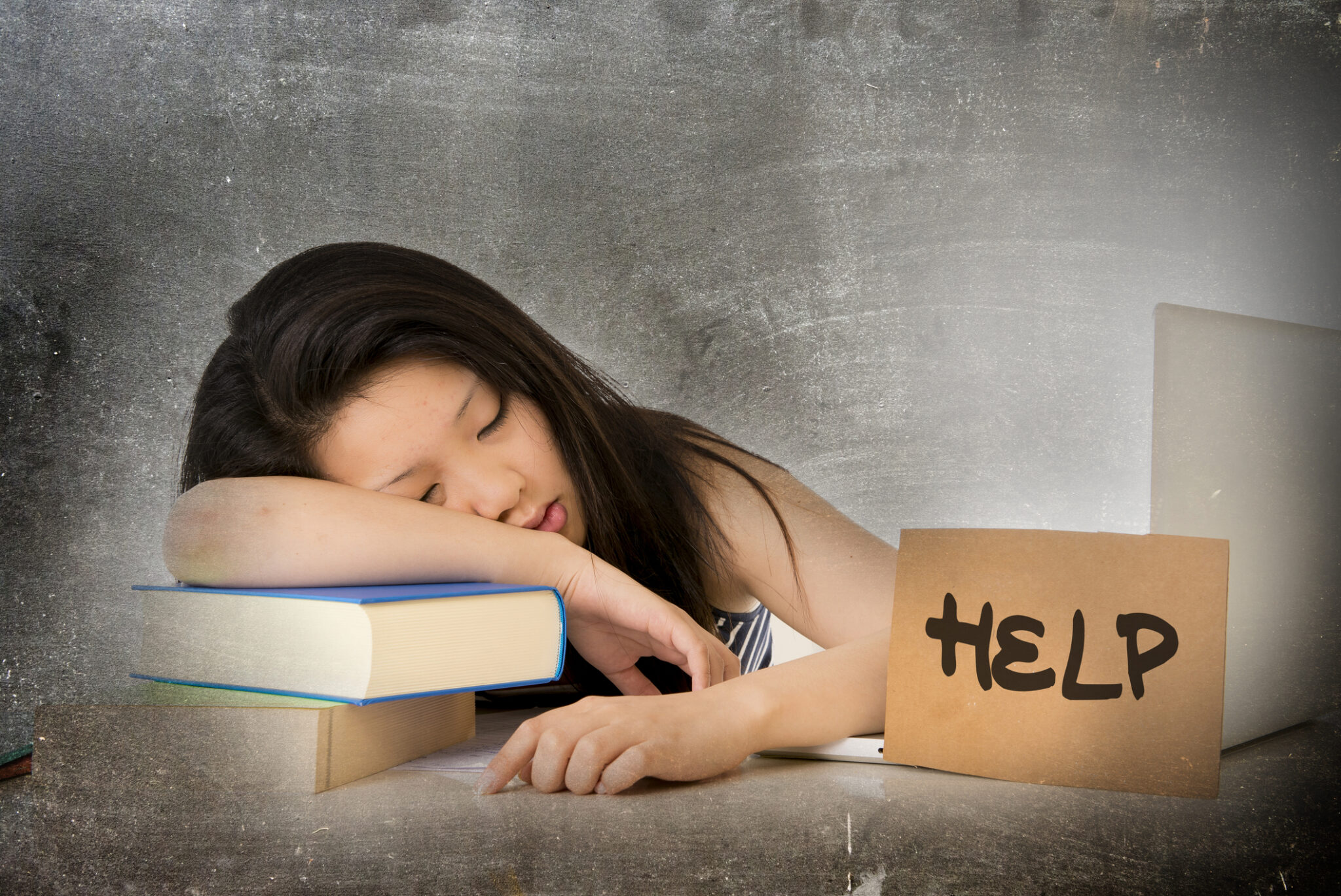It’s recommended that teenagers get between 8-10 hours of sleep per night, but these days most only get 6-7 hours. This sleep deprivation is due, in part, to the fact that teenagers’ natural sleep cycles shift later during adolescence. As a result, teenagers tend to feel most alert and energetic later in the day and are more likely to fall asleep later at night becoming what’s known as ‘Super-night-owls’.
This change is unavoidable, and not due to social media usage and instead due to changes in their hormones during puberty. This means that early school start times make it impossible for them to get enough sleep. This leads to a number of problems, including:
A decrease in academic performance
With a lack of sleep, teenagers have difficulty focusing in class. In addition, they have reduced the transfer of short-term to long-term memory (due to the reduction of the REM Sleep Phase). In 2017, Wahlstrom, Berger, Widome, and Larson (2017) conducted a review of studies on the associations between school start time and student sleep, health, and performance, and found evidence of improved outcomes when start times were delayed.
Increased risk-taking behaviours
There is a growing body of evidence that sleep-deprived teenagers are more likely to engage in risky behaviours such as substance abuse and reckless driving.
Poorer mental health.
For all children, teenagers and adults long-term sleep deprivation can lead to changes in mood including irritability and more importantly anxiety and depression, and irritability. Owens, Belon, and Moss (2010) found that delaying school start times for adolescents resulted in improved sleep, mood, and behaviour.
Other issues caused by early school start times lead to sleep deprivation
Sleep deprivation is proven to lead to increased addiction in teenagers including caffeine, nicotine and alcohol. It also leads to poorer, unhealthy food choices. With regard to academic achievement teenagers who are sleep deprived are more likely to miss school or be late for class.
Thus, there is clear evidence that a later school start time would be beneficial for teenagers in terms of academic performance and more importantly their health and well-being.
What can you do to help?
Apart from campaigning to start school later, the key is to support their mental and physical health. Encourage them to do more exercise, get outside and move, and have a healthier diet. Swapping caffeine consumption to water and eating lots of fresh fruit and vegetables rather than processed foods and snacks will all lead to a better night’s sleep. Learning to meditate, having a warm bath at night and most of all having a stop time for all tech before their sleep routine and never using a mobile in bed would also help them optimise their sleep too.
Family boundaries around tech use
If you want your teenager to adopt your rules and guidelines, you need to be willing to lead by example. A recent YouGov Sleep Study asked Britons how often they look at a screen before going to sleep. Nearly nine out of ten (87%) say they look at their phone/tablet within an hour before going to bed.
Starting by never using our phones in a ‘horizontal position’ would be a great start in getting a better night’s sleep for all.



